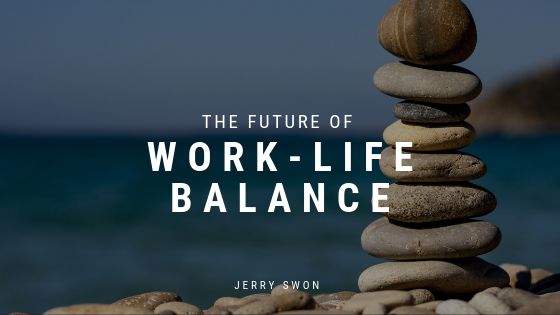Work-life balance is something many professionals strive for, and finding a way to achieve it to their satisfaction is important for overall happiness in work and in life. However, the meaning of this concept has changed over time. This makes it imperative to understand what seems to be in store for the future of work-life balance.
More Prevalent Remote Work
Remote work has been on the rise for several years now and there is little indication that trend will stop. This is a desirable option for many employees because they can work from anywhere and employers like it because it can save them significant overhead costs. This has profound implications for work-life balance, both positive and negative. On the positive side, the ability to work from home allows workers to spend more time at home and enjoy greater professional flexibility. On the negative side, remote work can make it more difficult to step away from work – many people have difficulty ever truly getting off the clock.
Younger Workers Are Worried About Burnout
Research is consistently showing that older workers (Baby Boomers and Generation X) are not as concerned about mental and physical burnout at their jobs. This is opposed to younger workers (Millennials and Gen Z), who are not only concerned about it but take active steps to prevent it. This has the potential to fundamentally change the nature of work into one that might support a better work-life balance. Not only do younger people want a better balance to avoid burnout, but due to automation more and more jobs are disappearing, making work-life balance all the more important to strive towards.
Other Considerations
There are a number of possible theories and policies that may begin affecting the future of work-life balance. The four-day workweek, for example, is catching on at many businesses and in many countries. Early findings indicate it may boost productivity, employee satisfaction, and work-life balance. There is also the question of work-life integration, which many experts believe work-life balance essentially leads to. These possibilities all hang over the future of work-life balance.
Defining and achieving the ideal work-life balance is something every individual employee will ultimately have to contend with themselves. Employers also need to understand the risks associated with burnout and not taking care of their employees’ personal needs. The future of work-life balance will affect everyone, so everyone needs to give it necessary consideration.
Originally posted on JerrySwon.com


